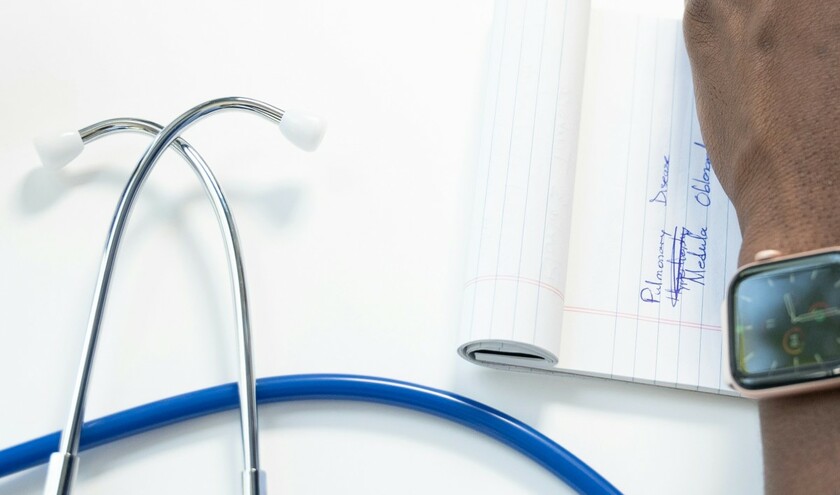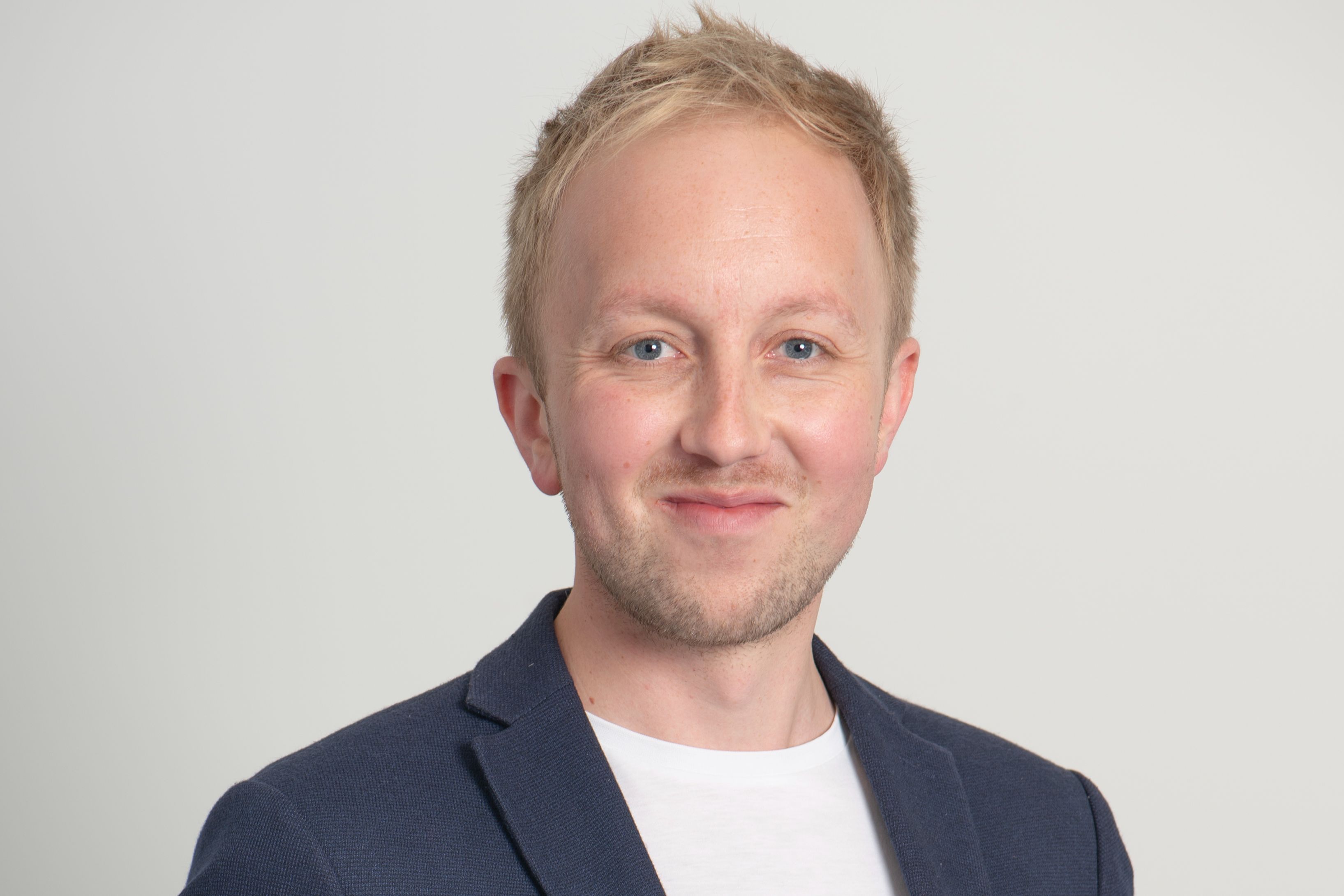The announcement, subject to Parliament agreeing future budgets, comes following agreement with the BMA over new additional funding which builds to a recurring £249m in three years. The funding will help boost staff numbers and capacity, support day-to-day operations and make it easier for people to access GP services.
Subject to future budget processes, an initial investment of £98m will be made available in 2026-27, with £183m being invested in 2027-28 and £249m following in 2028-29. This builds on current annual investment into general practice of more than £1.3bn, including more than an additional £100m over the past two years.
The new investment will also help deliver digital prescribing, which aims to improve efficiency within primary care settings and enhance the patient experience.
Health secretary Neil Gray said: ‘This is the largest investment in core GP services to date in Scotland and will significantly boost recruitment from next year, helping to deliver the capacity needed to improve services for patients.
‘This funding will help us as we shift the focus of care from acute to community. We remain focused on reducing waiting times and new figures show we are making progress - waits of more than a year have reduced for the fourth month in a row and the total waiting list size has also reduced.
‘This is not a pay deal — it's about stabilising practices and getting more staff into general practice. GPs and practice staff received a £46m uplift for pay and expenses earlier this year, and practices are receiving an additional £15m in 2025-26 to support immediate recruitment needs.'
Dr Iain Morrison, chair of BMA Scotland's GP Committee, said: ‘Today's announcement, secured after a robust but constructive set of negotiations, is welcome recognition of that fact and reflects the level of funding needed to stabilise and rebuild general practice across Scotland in both urban and rural areas.
‘It is a significant step in the right direction, and importantly is a vote of confidence in the long-term future of the independent contractor model of general practice that has served local communities across Scotland so well.
‘This investment should finally enable the profession to feel optimistic about the future and provides the opportunity to make working in general practice in Scotland the rewarding, safe and sustainable career it should be once again.'
In response, RCGP Scotland chair Dr Chris Provan, said: ‘While RCGP Scotland does not take part in contractual negotiations between the BMA and the Scottish Government, we can see clearly the negative impact of underfunding on the care our patients receive and we welcome that there has been very significant progress in talks.
‘We understand that the offer of improvements to funding is not the end of this journey and we are pleased there is ongoing negotiation between the parties. Ultimately this has the potential to return general practice in Scotland to a more sustainable footing. By enabling the recruitment of more GPs and easing the current unmanageable workload, we can improve patient care.'



